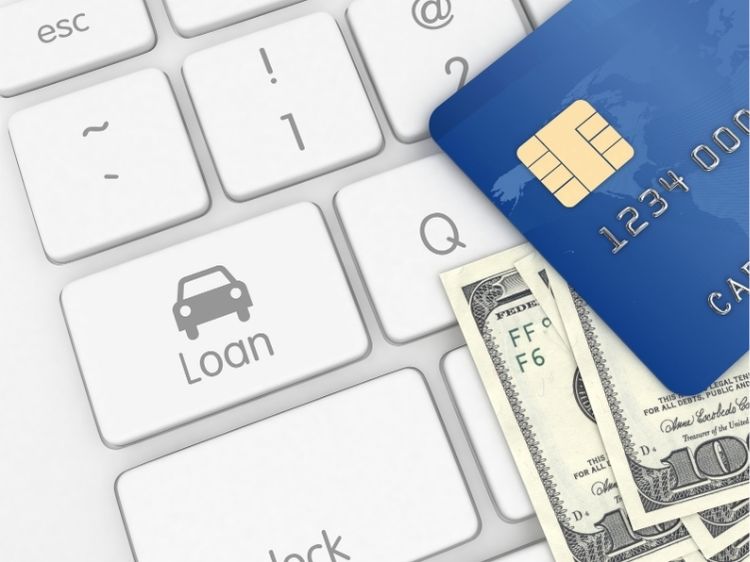Thinking about financing a car? Well, you’re probably already wondering, “What’s the deal with car loan rates?” With car prices fluctuating and interest rates ever-changing, knowing how car loan rates work can help you save a bundle and avoid costly mistakes. Whether you’re a first-time buyer or refinancing, understanding car loan rates will set you up for success.
What are Car Loan Rates?
Car loan rates, simply put, are the interest rates lenders charge for borrowing money to buy a car. These rates are typically expressed as an annual percentage rate (APR), which is a standardized way to reflect the cost of borrowing per year. When you take out a car loan, the lender charges you a percentage on top of the loan amount, which you repay over time.
Factors That Affect Car Loan Rates
Car loan rates are influenced by several factors. Here’s a look at the most impactful ones:
- Credit Score: The better your credit score, the more likely you are to score a lower rate.
- Loan Term: Shorter loan terms often come with lower rates, while longer terms may be higher to offset the lender’s risk.
- Vehicle Type: New cars usually come with lower rates than used cars due to their lower risk for lenders.
- Market Conditions: Interest rates fluctuate based on the economy. When the Federal Reserve changes rates, it affects car loan rates.
- Down Payment: A larger down payment can result in lower rates since it reduces the loan amount and the lender’s risk.
Understanding these factors helps you anticipate what kind of rates you might qualify for before even applying.
How to Compare Car Loan Rates
When you’re hunting for the best car loan rates, comparing offers from different lenders is crucial. Here are steps to help you make the best choice:
- Check Your Credit Score: Knowing your score helps you predict which rates you’ll likely qualify for.
- Get Pre-Approved: Many lenders offer pre-approvals that don’t impact your credit score. This gives you a clearer idea of rates available to you.
- Look at the APR, Not Just the Rate: APR includes other fees and costs, giving you a more complete view of what you’ll pay.
- Compare Loan Terms: Sometimes, a lower rate on a longer term may cost more in the long run. Use a loan calculator to see the full cost.
- Check for Penalties or Extra Fees: Some loans come with fees for early repayment or have other charges that add to the total cost.
Car Loan Rates for New vs. Used Cars
New and used car loans differ in many ways, especially when it comes to rates. Let’s dive into some key differences:
- New Car Rates: New cars often have lower interest rates since they have higher resale values and fewer maintenance issues.
- Used Car Rates: Used car rates tend to be higher due to the perceived risk of lower value and higher maintenance needs.
If you’re looking to save on a used car, keep in mind that a slightly higher rate can sometimes be offset by a lower car price. Weigh both sides before deciding!
Tips to Get the Best Car Loan Rates
Finding a good rate takes a bit of strategy. Here’s how you can make sure you’re getting the best possible rate:
- Boost Your Credit Score: Even a slight increase in your credit score can significantly lower your interest rate.
- Shop Around: Don’t settle for the first offer. Banks, credit unions, and online lenders often have different rates.
- Consider a Co-Signer: If your credit score is low, a co-signer can help you secure a better rate.
- Make a Larger Down Payment: A higher down payment reduces the amount financed and can lower your rate.
- Choose a Shorter Loan Term: While monthly payments might be higher, shorter terms usually come with lower rates, saving you money in the long run.
Frequently Asked Questions (FAQs)
- What’s a good interest rate for a car loan? A good car loan rate depends on your credit score and current market conditions. Generally, a rate below 5% for a new car and 6% for a used car is considered favorable.
- Can I negotiate my car loan rate? Yes, you can negotiate! Start by showing the lender you’ve received lower offers elsewhere, and they may be willing to lower their rate to match.
- Does refinancing a car loan lower my interest rate? Refinancing can lower your rate, especially if your credit score has improved since you first took out the loan. It’s worth considering if rates have dropped or if you’re looking to reduce monthly payments.
- How does a down payment affect my car loan rate? A larger down payment reduces the lender’s risk, which can lead to a lower rate. Plus, it lowers the amount you’ll need to finance, which means less interest paid over time.
- Are there penalties for paying off a car loan early? Some lenders charge prepayment penalties. Always ask about this before signing a loan agreement to avoid unexpected fees.
Conclusion
Navigating car loan rates can feel overwhelming, but knowing the basics can make a big difference in finding a loan that suits your budget and needs. Remember, shopping around, understanding the factors that affect your rate, and preparing your finances beforehand are essential steps in securing the best possible deal.
Authoritative Links
- Federal Trade Commission on Car Financing: www.consumer.ftc.gov/articles/understanding-car-loan-terms
- Federal Reserve Economic Data on Interest Rates: fred.stlouisfed.org
